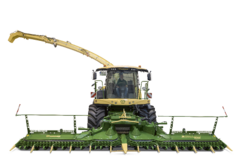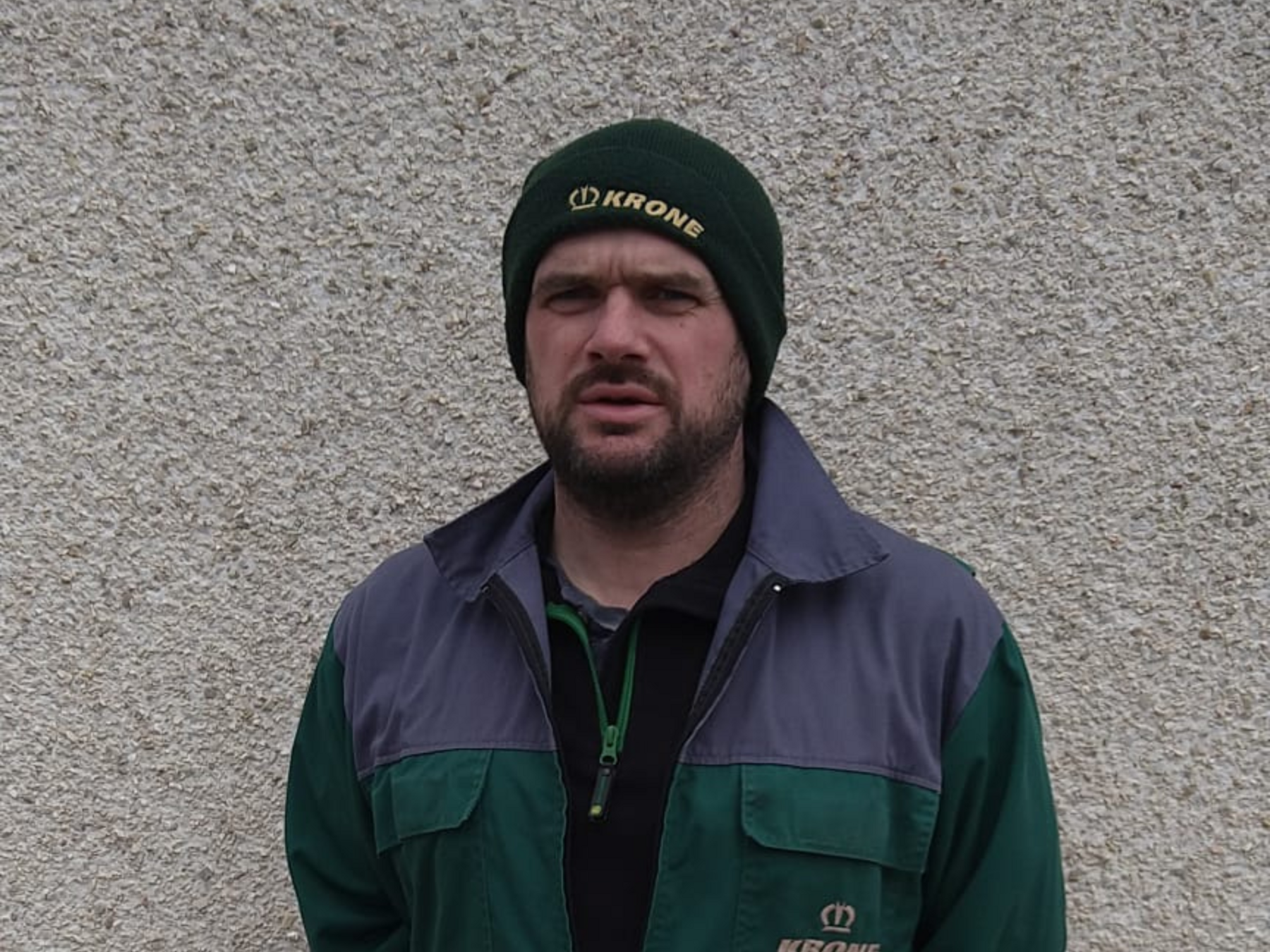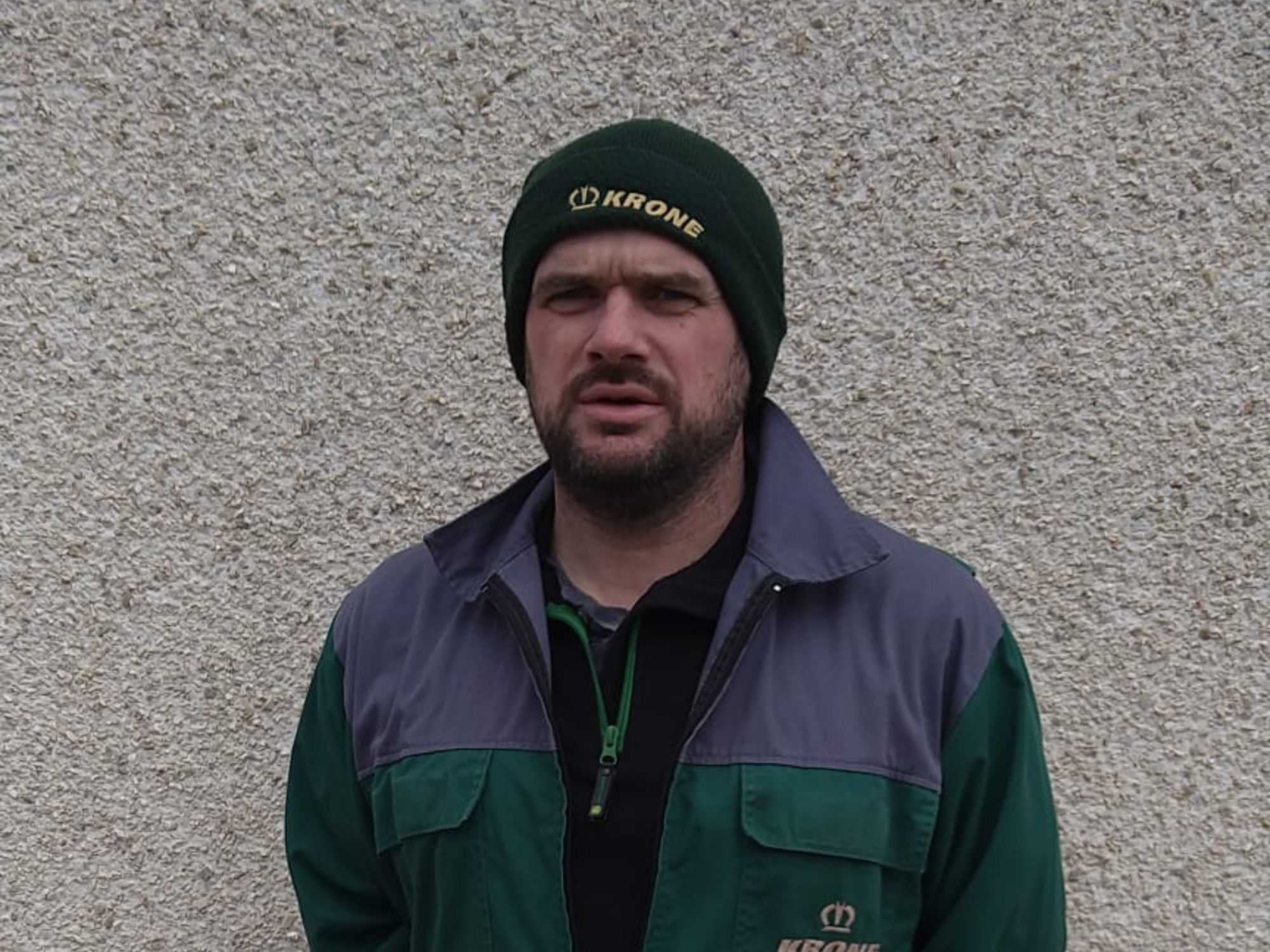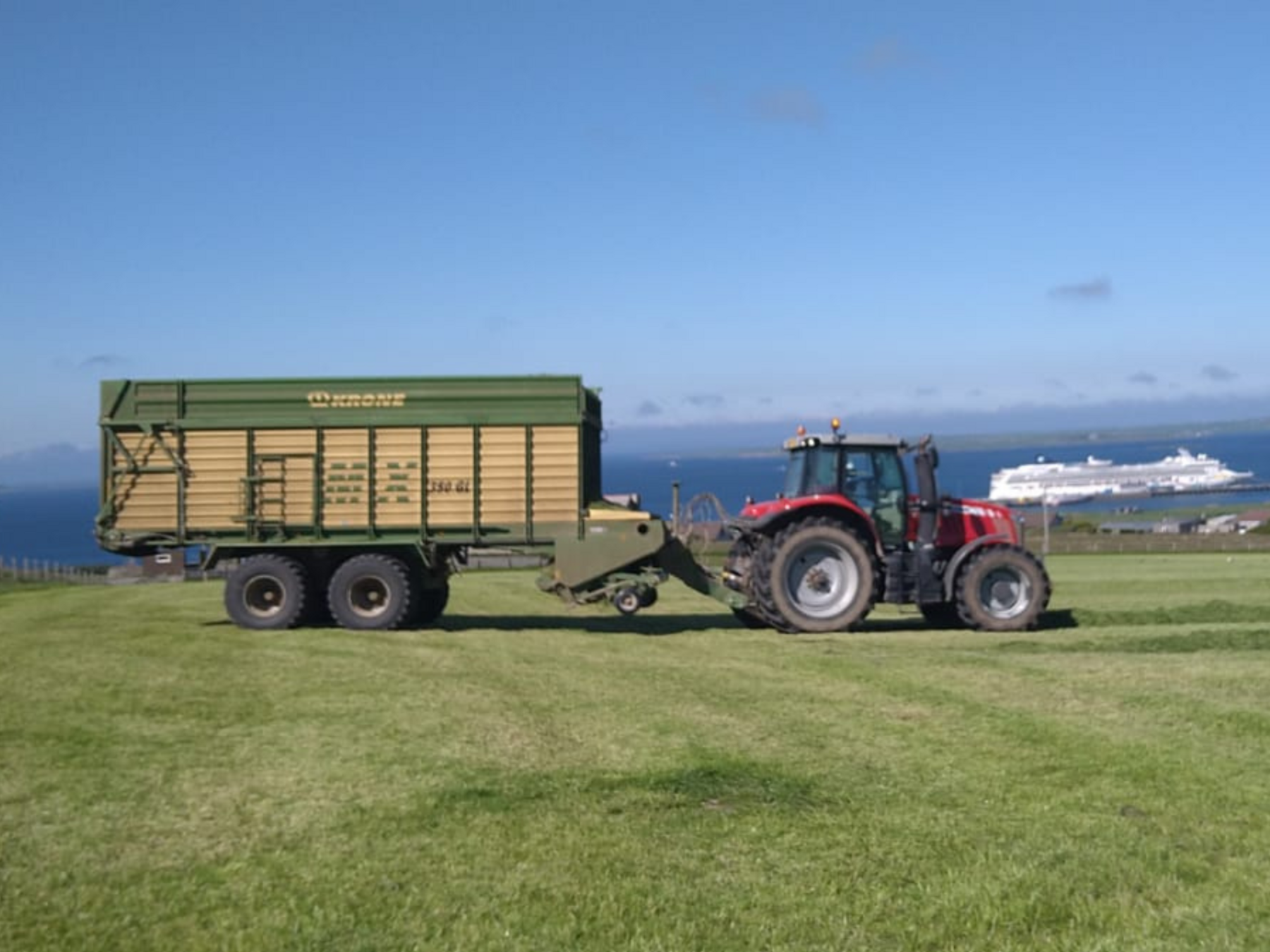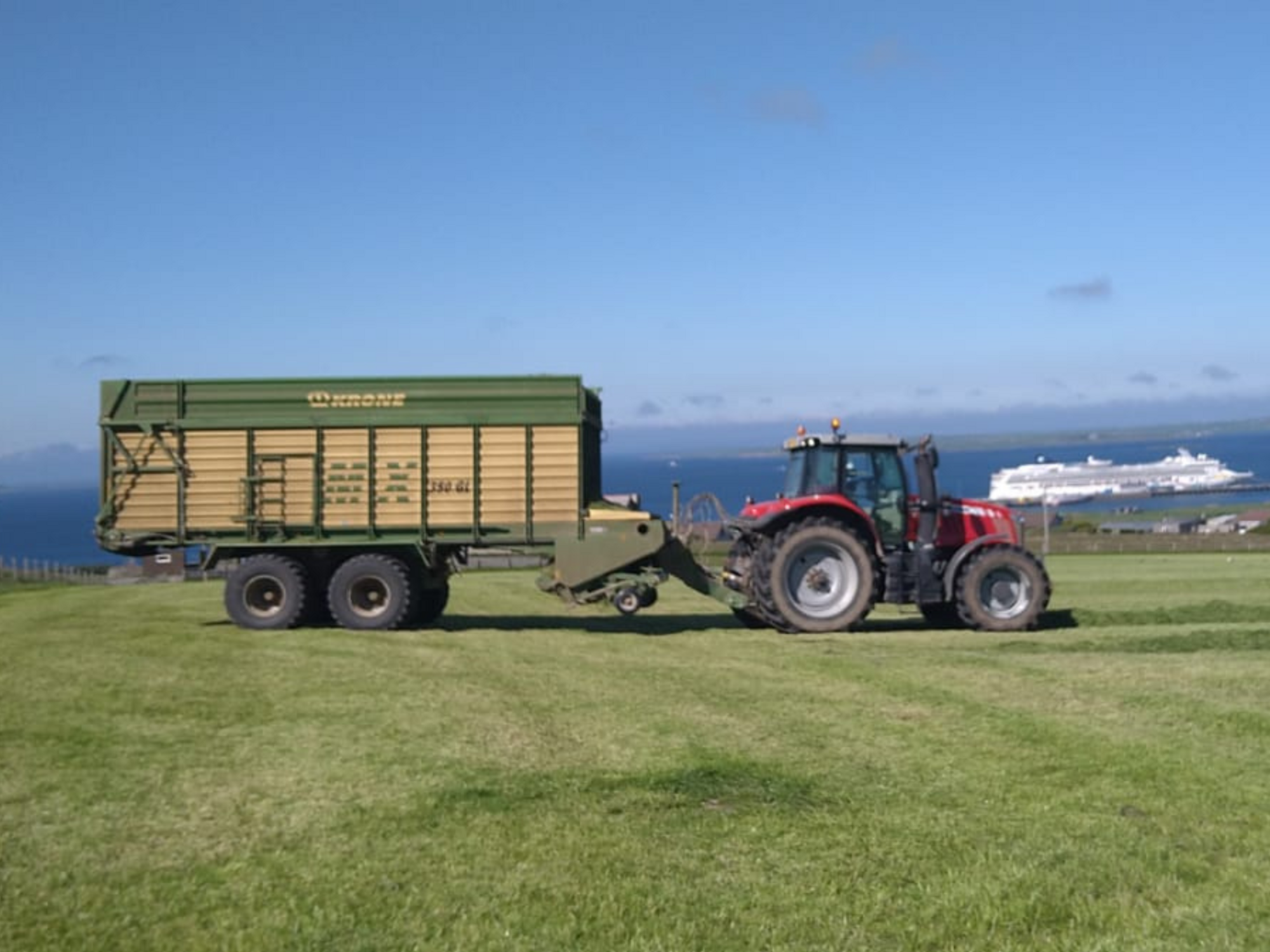Farming in a unique climate in far Northern Scotland, Willie Harcus and his family run a 1,220-acre mixed beef, sheep and arable enterprise at Quanterness Farm on the mainland of Orkney.
With 400 acres of grass set aside for silaging, Willie aims for just one silage cut in the summer, weeks after many other parts of the UK may already be well underway with their second or third cut, so ensuring his entire operation performs is crucial to achieving maximum quality from a single silage cut.
Willie says: “Despite the challenging weather we face in Orkney, we manage to keep the cattle out from April to Christmas. And with a stringent rotational grazing system in place, we move the herd every two to four days, with a 21-23 day break for the grass to recover before the cattle return.
“This ‘intensive grazing – intensive rest’ approach has allowed us to halve our fertiliser applications over the last five years. To bolster the forage, clover is sown into the grass, and we grow chickery for the sheep to graze through the winter.
“We get a lot more grass from managing it this way. It’s a very simple system, considering the scale of our operation, but that’s how we like it, and it works well for us,” he says.
Why Willie Chose KRONE
Willie explains how his choice of mowers and forage wagon, the Krone MX 350 and EasyCut F 320 CV and EasyCut R 320 CV respectively, have played an important role in achieving optimum forage quality.
“This is our first Krone mower and we’ve been really pleased with its output potential. Our previous mower wasn’t suitable for the big bulk cut we go for, with its level of conditioning quality and power of the mower bed,” says Willie.
“It struggled to lift the weight of the grass fast enough, which caused inconsistent cut quality. The damage to the grass from the mower also impacted its recovery, leaving behind yellow grass, which had difficulty rejuvenating.
Almost straight away, Willie noticed the grass recovery was so much quicker after using the Krone mower. It also meant the forage wagon could lift the grass in the swath more easily, because it had been properly conditioned.
“We generally carry out quite intense conditioning with the mower, leading to inconsistent forage quality. But, since switching to Krone, we’ve found is more easily conditioned leading to improved forage quality. We’ve also made cost and time savings by not having to go out with a tedder. We pick the grass up the very next day with the wagon,” explains Willie.
He adds that since using the Krone MX 350 forage wagon, they have also been able to make huge savings on fuel costs and labour requirements.
“We can’t neglect the livestock while we’re busy silaging. But in our old way of working, we used to be all-hands-on-deck to keep up with the silaging, both in the field and the clamp, and we’d still have all our other jobs to carry out once we’d parked up for the night.
“We’re now able to split our time more evenly as the operation is less labour intensive, which provides savings on both time and fuel.”
Dealer Support
Willie also praises his local dealer, Kemp Engineering, which provides consistent high-quality service and is well backed by support from Krone UK.
“We put our dealer to the test last year (2022) when we had a breakdown with the wagon, which when you live in Orkney can set alarm bells ringing,” he says.
Once the part needed was identified, Kemp Engineering placed the order at midday, and by 3pm the next afternoon, Krone had delivered the part all the way from Germany, which, according to Willie, is practically unheard of.
Silage Season 2023
Currently (May 2023) Willie explains that he is around three weeks later than where he would usually be at this time of year. but he remains optimistic that the grass will come through well because they tend to have a good growing season up in Orkney.
“The type of weather we have is so different to the rest of the UK, and we even have 24-hours of daylight in the height of the summer,” he says.
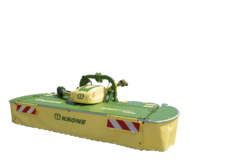
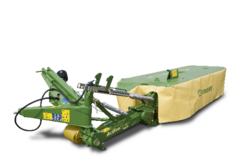
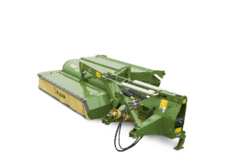
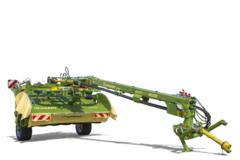
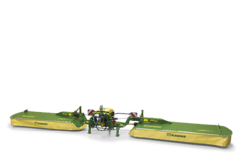
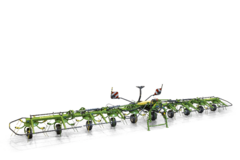
![[Translate to EN (UK):] [Translate to EN (UK):]](/fileadmin/_processed_/0/3/csm_Freisteller_KWT_468x468px_aec722e4d8.png)
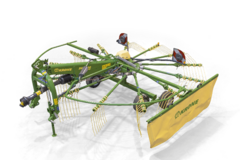
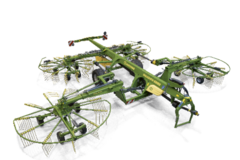
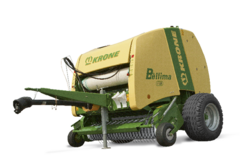
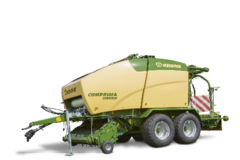
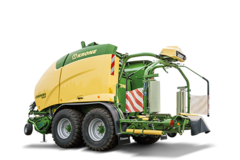
![[Translate to EN:]](/fileadmin/_processed_/6/d/csm_ComPack_AK17649_275143_468_fc3b57f496.png)
![[Translate to EN:] [Translate to EN:]](/fileadmin/_processed_/9/a/csm_CombiPACK__AK_270094_468px_e8c97eae1e.png)
![[Translate to EN:]](/fileadmin/_processed_/1/c/csm_VariPack_Freisteller_01_a70a02f9f9.png)
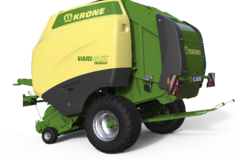
![[Translate to EN:]](/fileadmin/_processed_/f/1/csm_VariPack_Pro__AK_269063_468px_23b96ff27c.png)
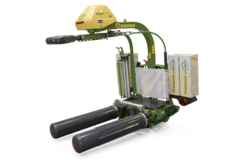
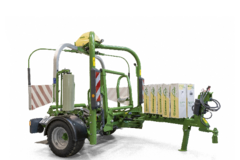
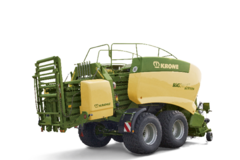
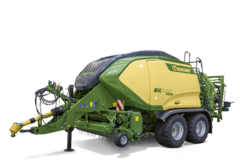
![[Translate to EN:] [Translate to EN:]](/fileadmin/_processed_/9/8/csm_BiGPack_AK10841_280880_468px_116a7e307b.png)
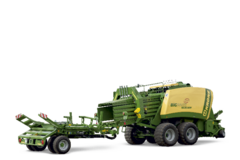
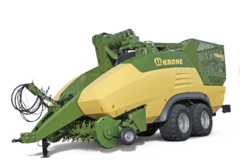
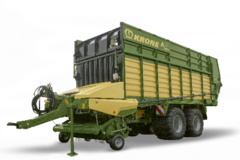
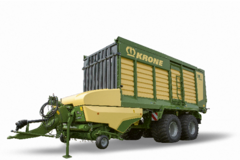
![[Translate to EN (UK):] [Translate to EN (UK):]](/fileadmin/_processed_/4/f/csm_RX_Freisteller_468x468px_6ecb398329.png)
![[Translate to EN (UK):] [Translate to EN (UK):]](/fileadmin/_processed_/0/a/csm_ZX_Freisteller_468x468px_cc1e39f93f.png)
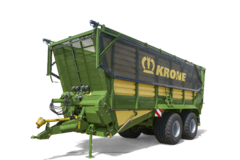
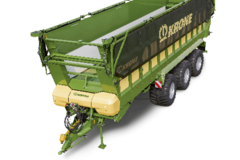
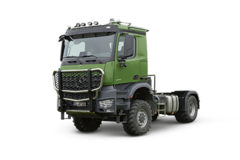
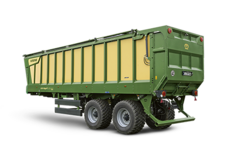
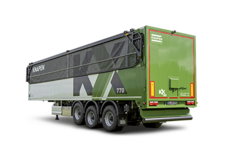
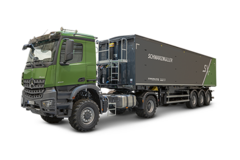
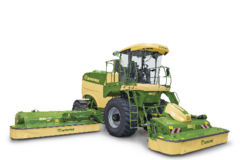
![[Translate to EN (UK):] Testname Forage harvesters - BiG X 480 · 530 · 580 · 630](/fileadmin/_processed_/4/7/csm_BiGX480_Freisteller_468x468px9_1017c2fa62.png)
